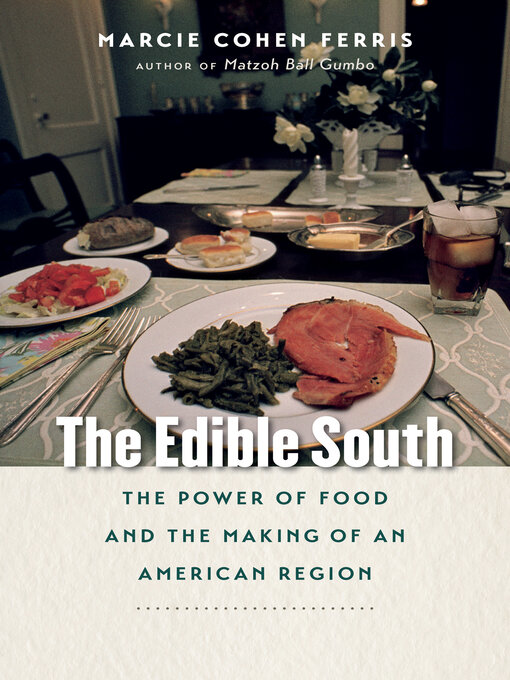- Available now
- Howdy, Cowboy!
- Try something different
- Biographical Fiction
- New eBook additions
- New kids additions
- New teen additions
- Most popular
- See all
- Available now
- Librarians' Choice
- Try something different
- New audiobook additions
- New kids additions
- New teen additions
- Most popular
- See all


